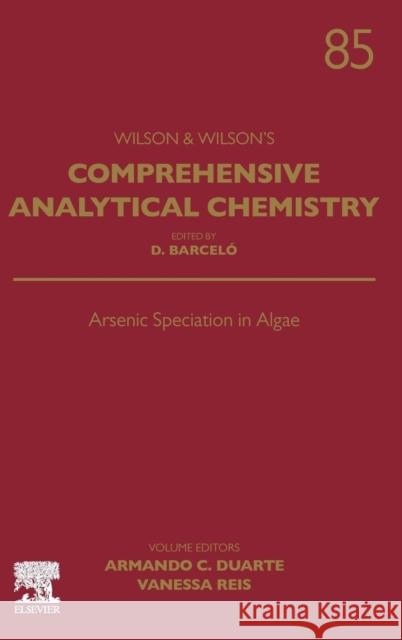Arsenic Speciation in Algae: Volume 85 » książka
topmenu
Arsenic Speciation in Algae: Volume 85
ISBN-13: 9780444642646 / Angielski / Twarda / 2019 / 336 str.
Kategorie:
Kategorie BISAC:
Wydawca:
Elsevier
Seria wydawnicza:
Język:
Angielski
ISBN-13:
9780444642646
Rok wydania:
2019
Numer serii:
000123565
Ilość stron:
336
Waga:
0.62 kg
Wymiary:
22.86 x 15.24 x 2.06
Oprawa:
Twarda
Wolumenów:
01
Dodatkowe informacje:
Bibliografia











